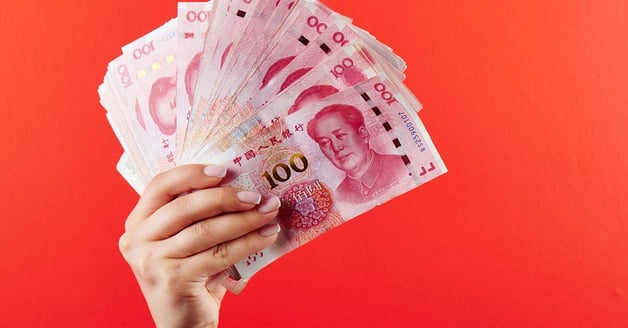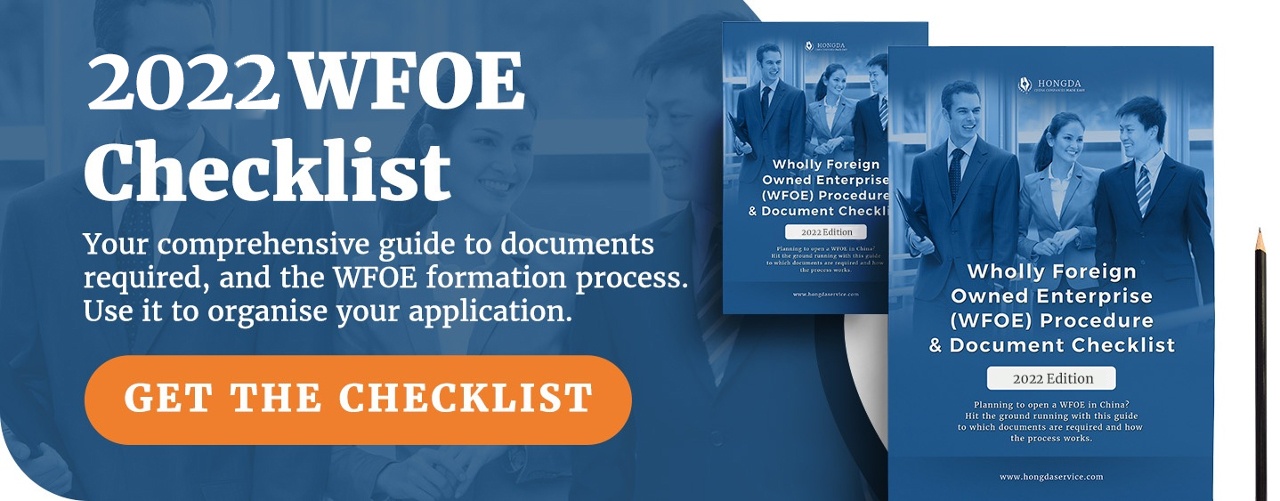In light of the the current pandemic, the Chinese government has issued a number preferential tax policies for both local and foreign-owned business in China to reduce the burden and boost the economy. In this blog update we take a look at some of the ways your business can save during the crisis.
Covid-19 Preferential Tax Policies in China
1. Protection & treatment support
- You can obtain temporary subsidies and bonuses for work under the prevention and control of pandemic conditions as stipulated by the government, personal income tax can be exempted in this case.
- Individuals that have obtained medical supplies and protective supplies (excluding cash) from the company to prevent COVID-19 are also exempt from personal income tax.
2. VAT & duties support
- If the taxpayer provides the transportation of key material supports for pandemic prevention and control, VAT can be waived.
- Duties from materials that are imported for use in the prevention and control of pandemics by the health authorities can also be exempted.
3. Encouraging donations
- If an enterprise donates cash or goods in response to the pandemic via public welfare social organizations, the government will allow the enterprise a full deduction of corporate income tax or personal income tax.
- Gratis donations of goods in response to the pandemic are exempt from value-added tax (VAT), consumption tax, urban maintenance and construction tax, education surcharge, and local education surcharges.
4. Resumption of work & production exemptions
The longest carry-over period of losses incurred by enterprises in difficult industries affected by the pandemic in 2020 is extended to 8 years.
In addition, taxpayers who still have difficulty in reporting due to the pandemic situation can apply for further extension according to law.
Moreover, from March 1 to the end of May, small-scale taxpayers in Hubei province will be exempted from VAT, and the levy rate in other regions will be reduced from 3% to 1%.
It is also worth noting that during the pandemic prevention and control period, foreigners in China can automatically postpone their visas for two months if their visas expire, without further procedures, they can still legally stay or leave China.
Local Covid-19 Response Policies in Shenzhen
Shenzhen has issues a number of support measures to enterprises to ease the burden caused by coronavirus and boost the economy.
1. Strengthen support for key companies combating the pandemic
Encourage enterprises that produce pandemic prevention materials to expand investment in technological transformation. Equipment purchased from February 1st to March 31st, 2020 will be funded by the government at a rate not exceeding 50% of the equipment investment, up to a maximum of 20 million RMB.
2. Rent reduction
Non-state-owned enterprises, scientific institutions, medical institutions, and individual industrial and commercial households that rent properties held by municipal and district governments and state-owned enterprises are exempt from 2 months of rent.
3. Deferred payment of social insurance premiums in accordance with law and regulations
For those affected by the pandemic situation, if the employer is unable to pay the social security premiums on time, it can be postponed to a three-month period after the end of the pandemic, without any overdue fine.
4. Reduction in the housing deposit fund payments
For enterprises affected by the pandemic and having difficulties in depositing to the housing accumulation funds, they can apply to reduce the housing accumulation fund deposit ratio to a minimum of 3% according to law and the period does not exceed 12 months. Or the enterprise can apply for deferred payment of housing accumulation funds, the period does not exceed 12 months.
5. Refund of the enterprise's urban sewage treatment fee
6 months of urban sewage treatment fees will be refunded to various enterprises affected by the pandemic.
6. Electricity bill reduction for industrial and commercial enterprises
Industrial and commercial enterprises in Shenzhen are exempted from paying the basic tariff charges of the dual tariff system charges in February, as it was covered by municipal finance.
7. Deferred payment and reduction of taxes
If tax declarations cannot be processed on time due to the impact of the pandemic situation, enterprises shall apply to the taxation department for deferred reporting, and the deferred payment period shall not exceed 3 months.
Enterprises strongly affected by the pandemic are exempted from real estate tax and urban land use tax for 3 months.
8. Cash flow stabilisation
The upper limit of the risk loss compensation ratio for each commercial bank's new loans from February 1 to June 30, 2020, was increased from 50% to 80%.
9. Financial cost reduction
Encourage all banking institutions to appropriately reduce loan interest rates and reduce service charges. During the pandemic prevention and control period, the guarantee fee of the policy financing guarantee institution was reduced by 30%.
10. Job stabilisation efforts
During the pandemic prevention and control period, insured companies that did not lay off staff or reduce layoffs will return 50% of the actual unemployment insurance premium they paid last year.
Insured enterprises that have difficulty in production and operation and insist on not laying off staff or reduce their staff will be refunded at 25% of the social insurance premiums paid by the company and its employees in the previous year.
The wages and salaries paid by the enterprise during the period when the employee received treatment due to the pandemic situation or was isolated by medical observation shall be subsidised to the enterprise at a rate not exceeding 50% of the employee’s basic pension insurance premium payment base.
11. Strengthening credit insurance service guarantees for exporters
The last point is, like many laws that have been rushed out, still a little vague with the aims to "strengthen online customer service, open up a green channel for loss assessment and verify claims, appropriately relax claims conditions, and prioritise insurance claims from export companies affected by the pandemic".
We will monitor the situation closely and expand on these points as we see the real implications for your WFOE in Shenzhen in terms of how quickly the relief measures are actually put into place and any obstacle companies are actually facing in gaining relief.
Download our free 2021 WFOE Checklist for a comprehensive guide on forming a WFOE in China.






